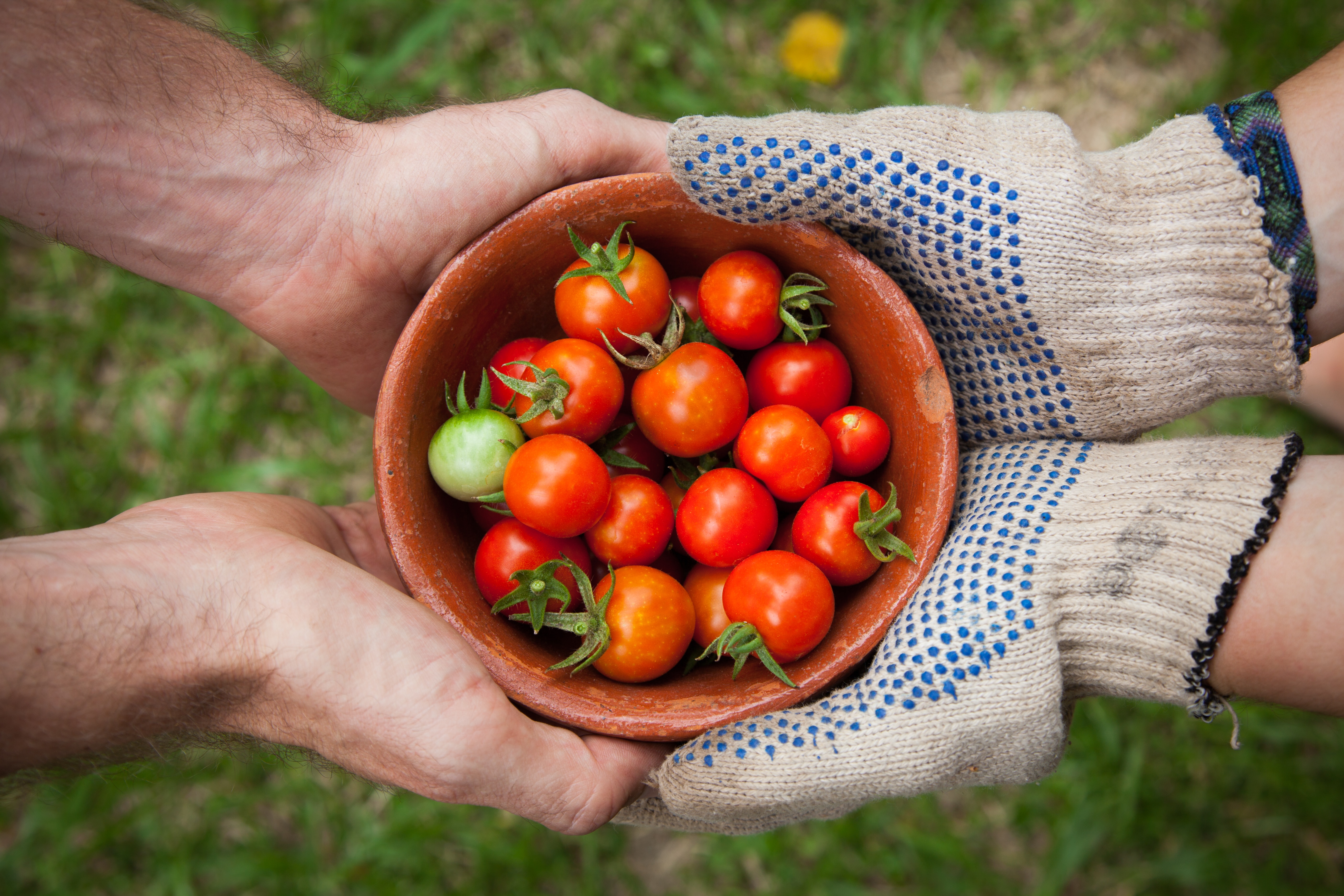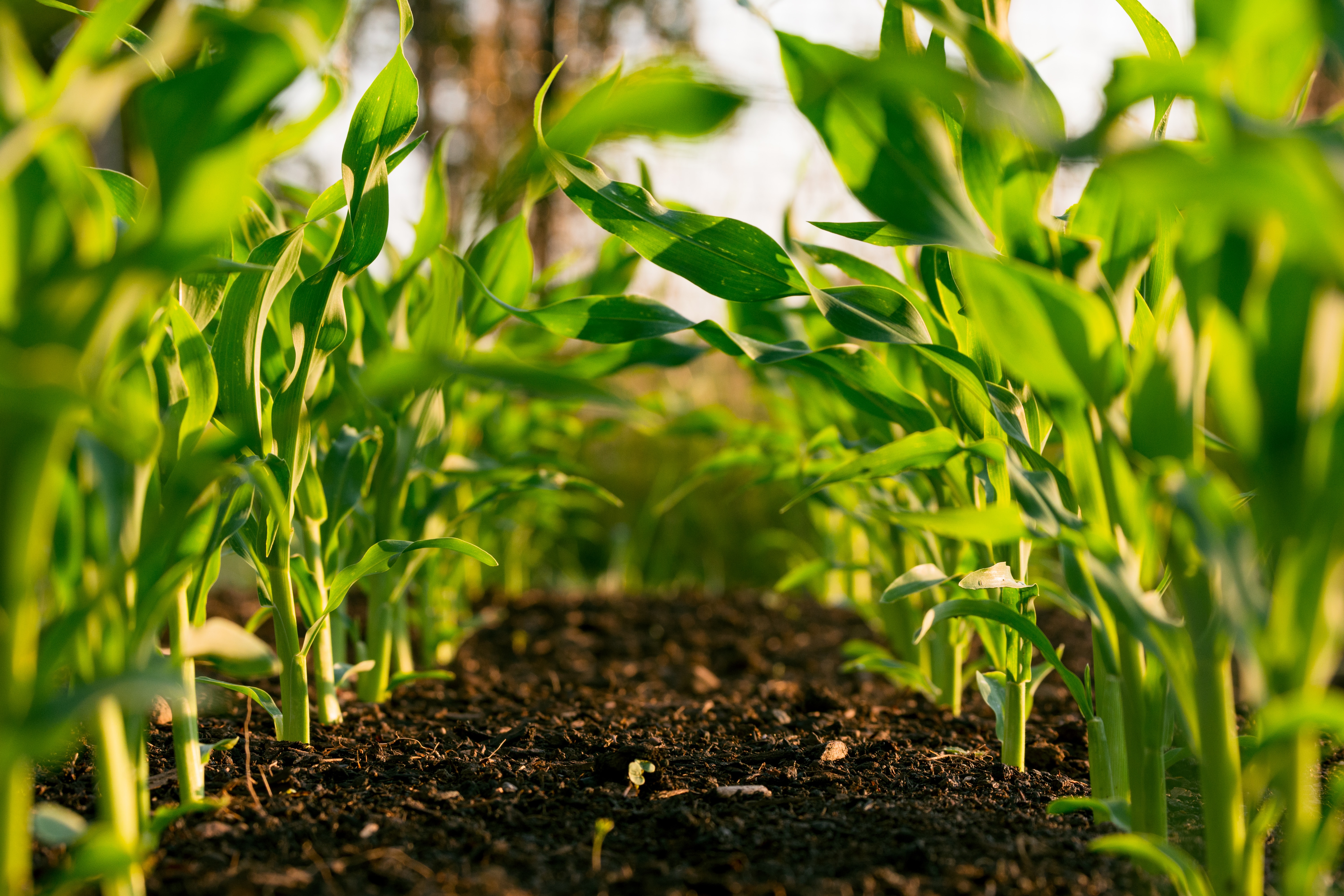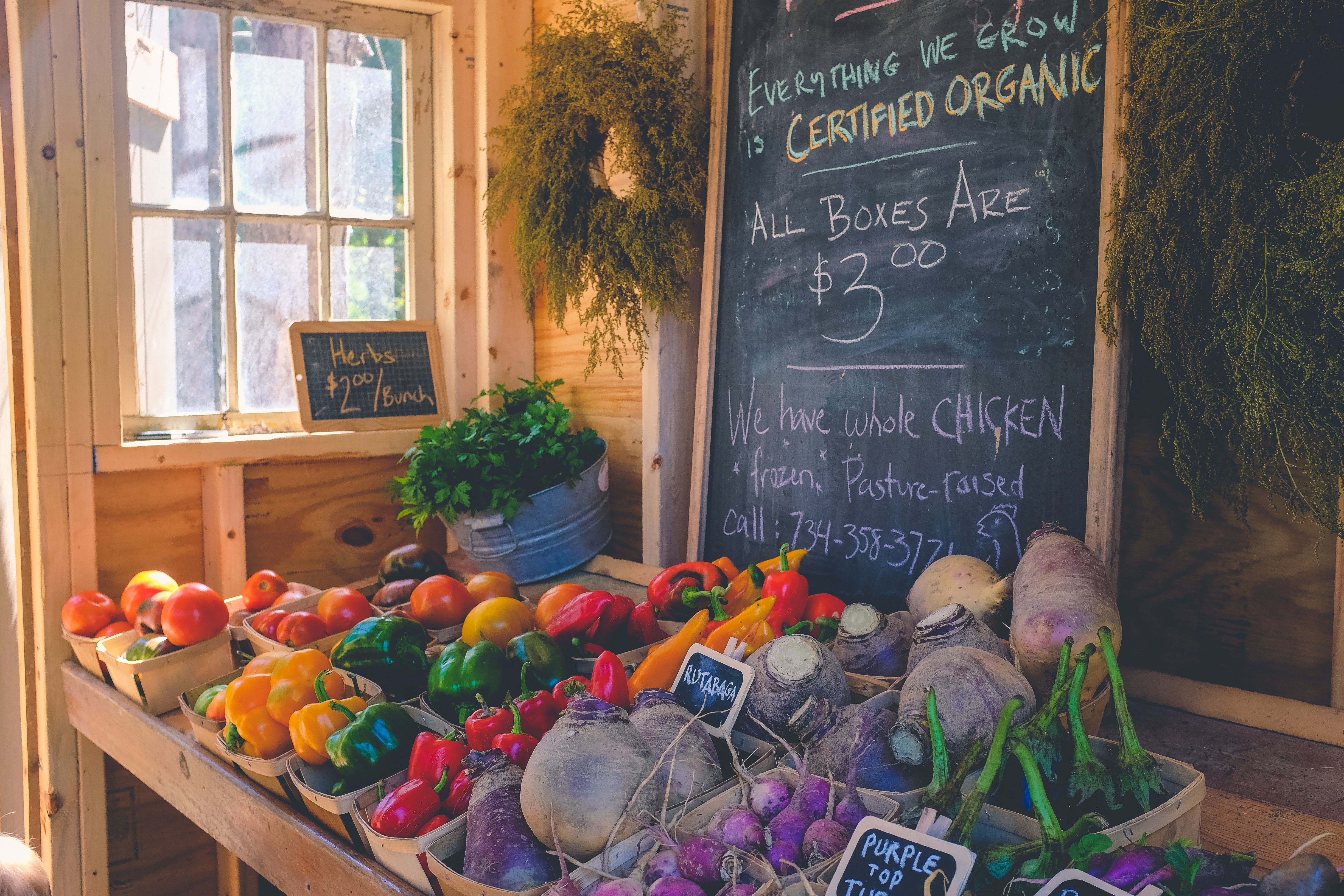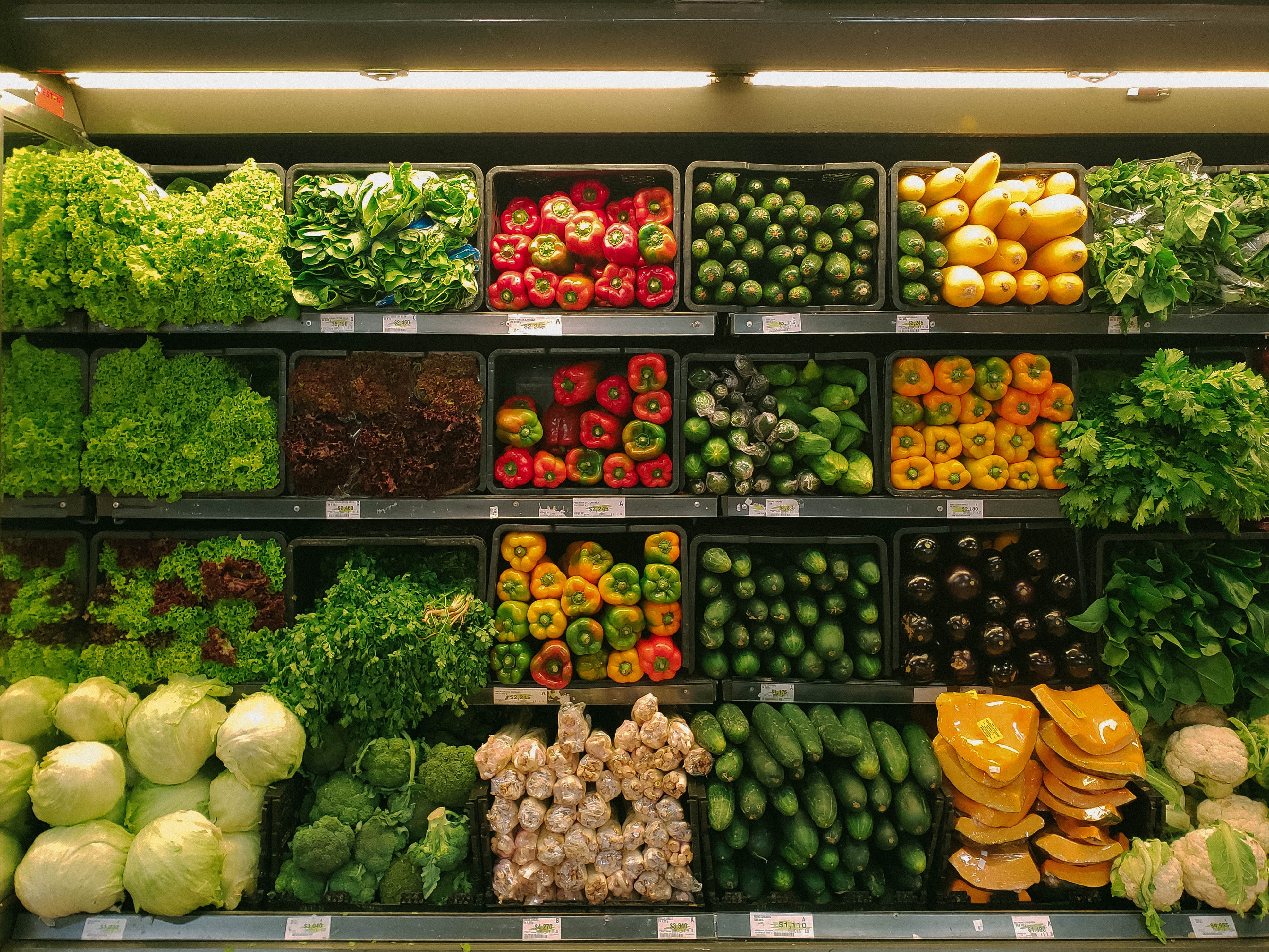Every time you go grocery shopping, you’ve likely walked passed a large, dedicated section for organic fruits and vegetables. We all hear the buzz about the importance of buying organic food, but if you’re like us, you’ve probably been left wondering, why? Is it healthier? Is it better for the environment? If so, why does it cost so much more? These are all questions that have most likely flown around in your head, and to be fair, they’re all valid. Despite there being so much talk about going organic, there’s yet to be a clear answer.
Although advocates of organic products tend to strongly voice their benefits, even claiming that they taste better, it’s time to see how much of this is actually true. But first, let’s just clarify what it means for something to be “organic”. The term organic is used to describe the way certain products are grown and processed - to be organic, the crop must have had ZERO contact with artificial pesticides, fertilizers, and bioengineered genes (GMOs). In other words, organic crops are grown completely naturally.
Are There Actually Health Benefits?
So here’s the big question - does eating organic produce actually lead to any health benefits? According to an article written by Harvard Health Publishing, unfortunately, the answer is no. “While organic foods have fewer synthetic pesticides and fertilizers and are free of hormones and antibiotics, they don’t appear to have a nutritional advantage over their conventional counterparts.” Simply put, eating organic products won’t make you any healthier than eating typical fruits and vegetables.
While research is still being conducted to determine the dangers of consuming pesticides, it’s just too difficult to say whether pesticides are the sole cause of any health-related issues. And though other studies “have shown small to moderate increases in some nutrients in organic produce [like antioxidants],” it just isn’t enough to claim eating organic foods is healthier and better for you.
 Photo by Elaine Casap on Unsplash
Photo by Elaine Casap on Unsplash
So What Are The Benefits of Choosing to Go Organic Then?
With the number one benefit of organic produce now disputed, you may be wondering what’s the point then. Is there any reason why you should consider buying organic if it’s not even better for you? Well, it may not be better for you directly, but it sure is better for the environment. That’s right, research has shown that organic farming tends to be better for the environment as a whole.
Thanks to an article written by the University of Colorado Boulder, they explain that organic farming “reduces pollution, conserves water, reduces soil erosion, increases soil fertility and health, and uses less energy.” In comparison to regular farming, the use of harmful pesticides and fertilizers can actually create quite a bit of a problem for the environment. When these unnatural chemicals reach our water sources, they are a major water pollution threat.
 Photo by Steven Weeks on Unsplash
Photo by Steven Weeks on Unsplash
But it doesn’t just end there, research has shown that: “If only 10,000 medium-sized farms in the U.S. converted to organic production, they would store so much carbon in the soil that it would be equivalent to taking 1,174,400 cars off the road, or reducing car miles driven by 14.62 billion miles.” With numbers that significant, it’s impossible to say there’s no benefit at all in choosing to go organic. For those passionate about making environmentally-friendly choices, this one fact alone might be enough to convince you to make the switch.
Other Factors to Be Aware Of
If this article has convinced you to start buying organic produce, there are a couple of other things you should be aware of. For one, organic produce tends to have a higher cost - this is due to the fact that organic farming is much more labour-intensive. As noted on HelpGuide, “Organic farms [also] tend to be smaller than conventional farms, which means fixed costs and overhead must be distributed across smaller produce volumes without government subsidies.”
On the other hand, despite a big leap in the organic industry, these products still aren’t universally available. They can be especially hard to find in more rural or lower-income areas, which means some individuals won’t have the ability to make the organic choice. That just means as consumers, you’ll have to weigh the environmental impact against cost and availability.
 Photo by Kenny Eliason on Unsplash
Photo by Kenny Eliason on Unsplash
Final Notes
Now that you have a more well-rounded knowledge surrounding the pros and cons of organic produce, you can make a decision that works best for you. It’s important to note that, despite what most people tell you, “organic” doesn’t always equate to “better”. Organic junk food is still junk food, and an organic label doesn’t always mean that the product is sustainably or ethically produced. So if you decide to go organic for environmental reasons, make sure you do some extra research to seek out brands that align with your values. After all, making the organic choice is a personal one that extends beyond just your daily diet.
KEEP ON READING

20 Ways To Get More Greens If You Hate Salad

What Your Favorite Food Says About Your Personality

20 Ways to Make Your Children Eat Their Vegetables





